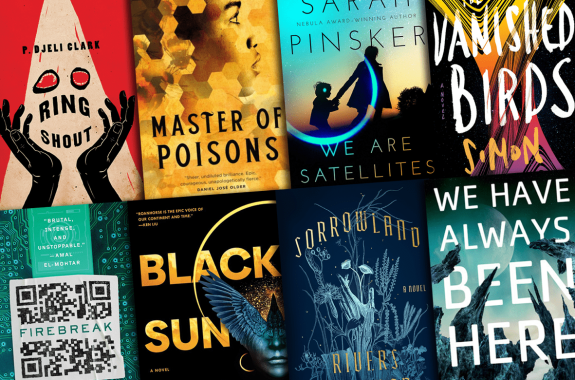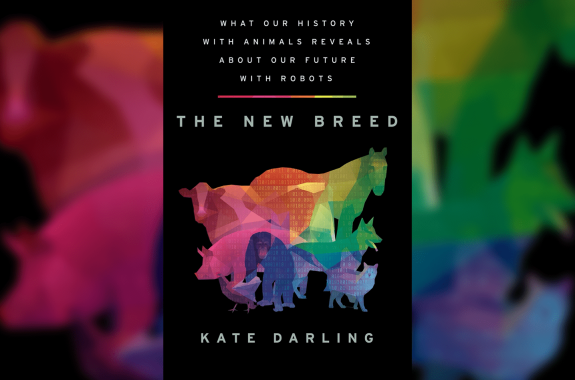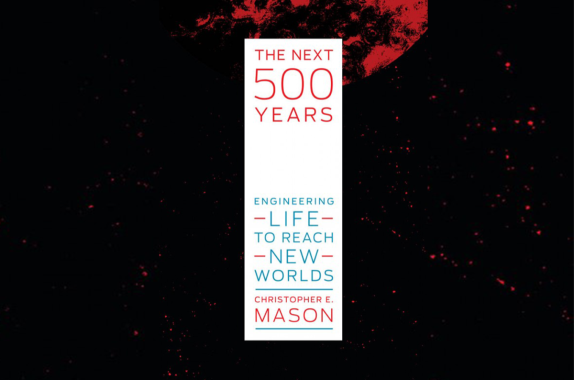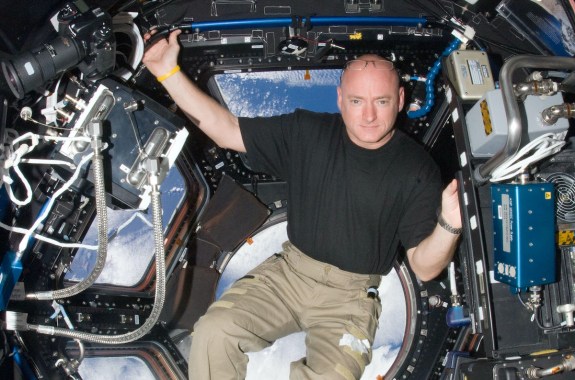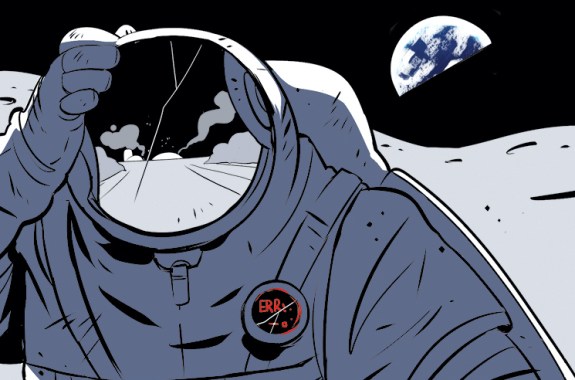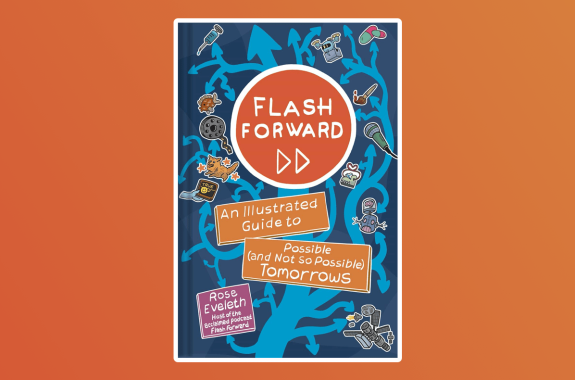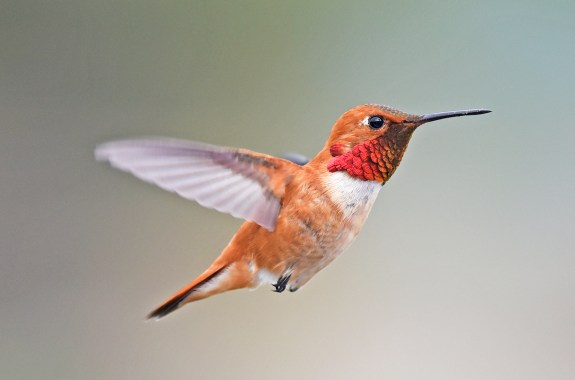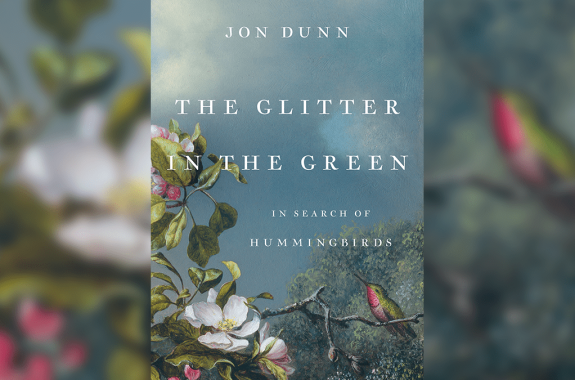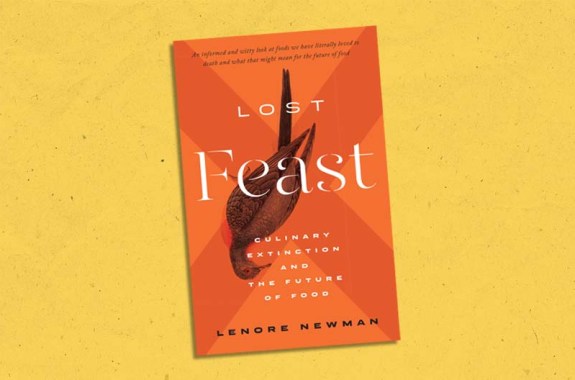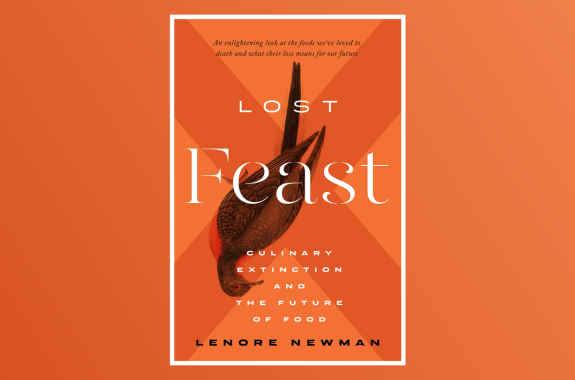27:05
The Best Sci-Fi Books To Read This Summer
Need a literary escape this summer? We’ve asked two sci-fi aficionados for their recommendations.
How Robots Can Help Kids Develop Social Skills
A robot ethicist explores exciting new research that suggests that cute robots can help kids overcome social anxiety.
How Can Humans Survive Longer In Space? Photosynthetic Skin
If scientists could genetically engineer chloroplasts into human skin cells, could it give us the energy needed to live in space long-term?
17:33
Can Genetic Engineering Help Humans Live In Space?
Astronaut Scott Kelly talks about the bodily effects of a year in space, and author Christopher Mason explores how to help humans survive.
17:19
An Illustrated Exploration Of Hypothetical Futures
In a new illustrated guide, futurist Rose Eveleth dives into the slippery nature of predicting what might come next.
What Does Restorative Justice Look Like… In Space?
In a graphic anthology of possible futures, astronauts embarking on a moon settlement operation explore justice in space.
16:36
The Dazzling Rufous Hummingbird, Threatened By Climate Change
The population of one of the most common hummingbird species in the U.S. is plummeting. Climate change may be the culprit.
The Fiery Hummingbird Of Isla Robinson Crusoe
The Juan Fernández Firecrown hummingbird is a magnificent, isolated castaway that had evolved to look unlike others of its kind.
Preview: The Science Friday Book Club Reads ‘Lost Feast’
Lenore Newman explores the history (and extinction) of some food favorites in ‘Lost Feast.’ We’ll read it together this spring.
The Very First Leftovers Were Made From Mammoth Meat
From this spring’s SciFri Book Club pick, learn how early humans developed concepts like dry-aging to make mammoth meat tastier and last longer.
